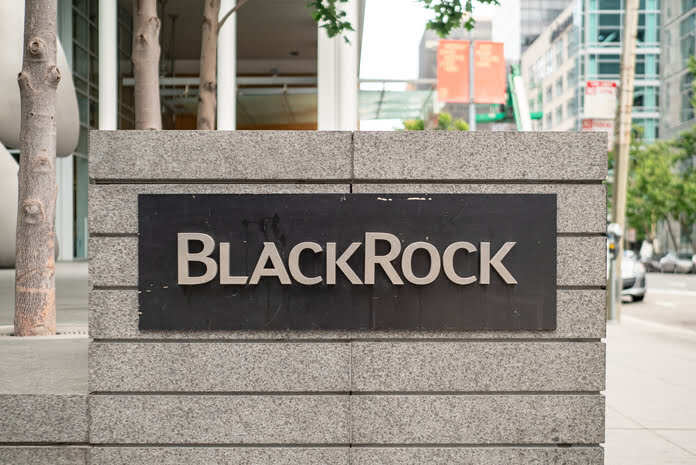According to analysts at Bernstein, BlackRock’s upcoming tokenized fund launch is poised to bring significant legitimacy to public smart contract chains, particularly Ethereum. The announcement of BlackRock’s BUIDL tokenized private equity fund earlier this month marks a significant move into digital assets by the world’s largest asset manager, following the launch of a spot bitcoin ETF.
The analysts at Bernstein suggest that BlackRock’s decision to utilize the public Ethereum blockchain instead of private chains, such as JPMorgan’s Onyx, expands interoperability and programmability within the space. This move is seen as a departure from the perception of public chains solely as “retail casinos.”
The analysts further elaborate that tokenized fund redemption could be facilitated on-chain with the integration of stablecoins like USDC. Additionally, the introduction of new asset classes such as bonds, equities, and foreign exchange stablecoins could lead to increased interoperability between asset classes on-chain, allowing for further programmability based on deal contract conditions. This development is seen as a significant step in utilizing blockchain technology for institutional utility rather than just retail speculation.
BlackRock’s tokenized fund, named the BlackRock USD Institutional Digital Liquidity Fund (BUIDL), was revealed in a U.S. Securities and Exchange Commission filing. The fund will invest in U.S. Treasury bills, repurchase agreements, and cash, although a specific launch date was not provided. Securitize will act as the tokenization platform, with ecosystem partners such as Anchorage, Coinbase, BitGo, Fireblocks, and BNY Mellon facilitating custody, settlement, and interoperability with traditional markets.
Bernstein’s analysts argue that BlackRock’s collaboration with partners from both traditional and crypto worlds will encourage more traditional institutional customers to adopt on-chain funds, resulting in reduced friction. This move is expected to provide institutional holders with benefits such as 24/7 instant settlement, increased transparency, improved capital efficiency, and reduced operating costs.
Furthermore, Bernstein suggests that tokenized funds could become a new growth category for asset managers, evolving from simple investment via ETFs to building on-chain products as a commercial revenue and cost-saving opportunity.
The analysts conclude that tokenization represents the next evolution of financial markets, akin to the ETF wave of the last two decades. They have also raised their year-end bitcoin price target to $90,000, anticipating a “mild” halving impact on miners.
Featured Image: Megapixl








